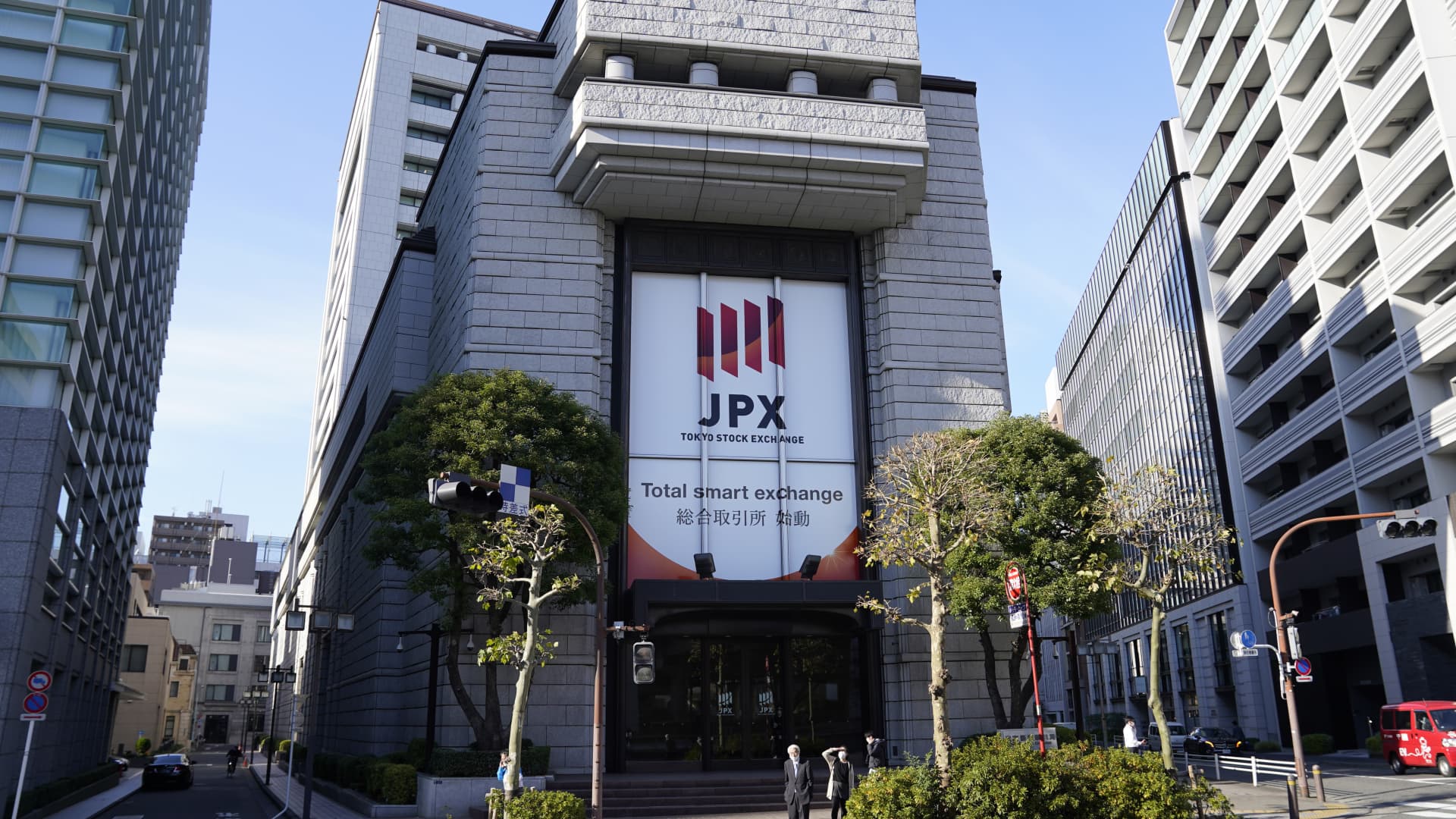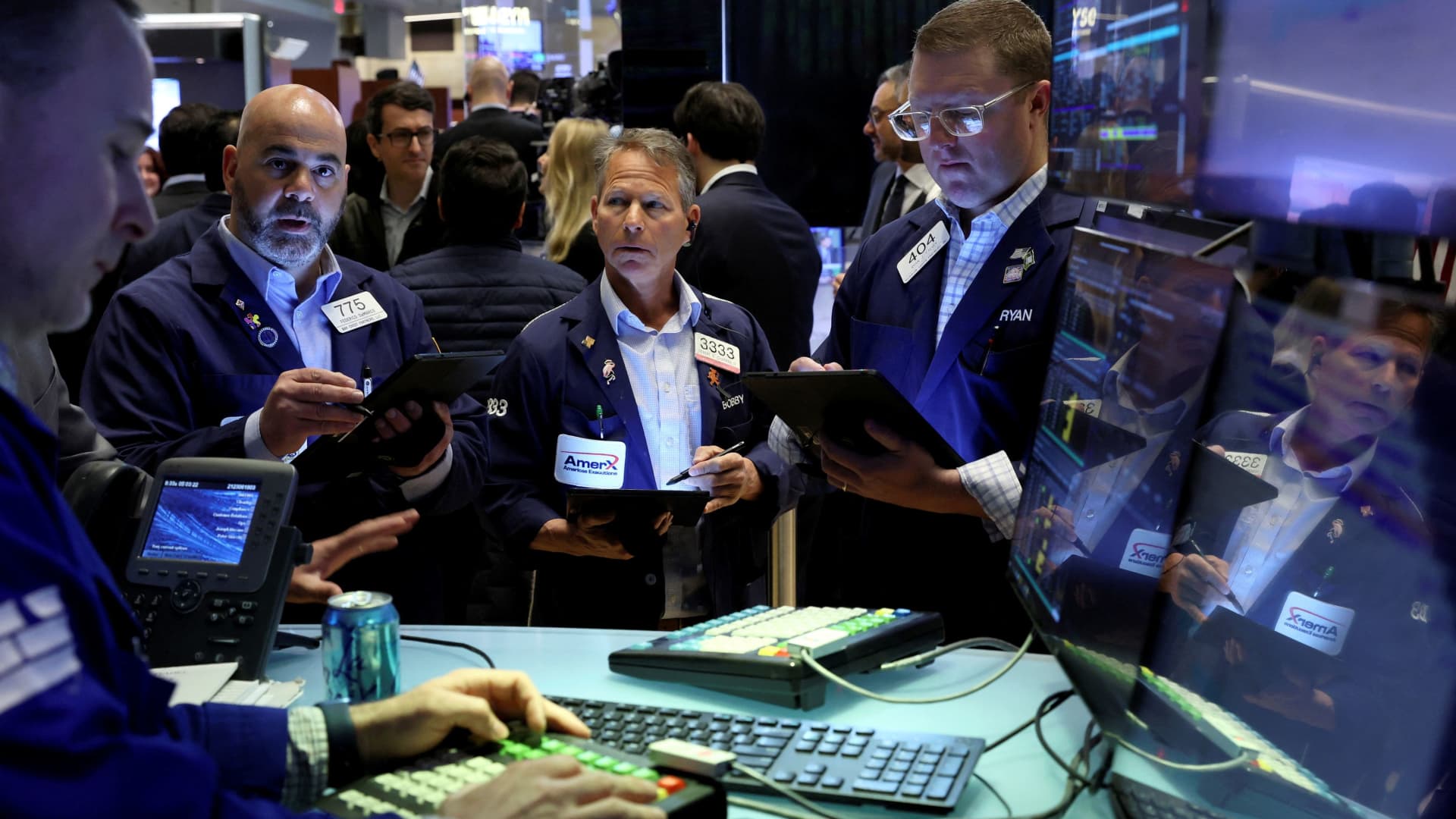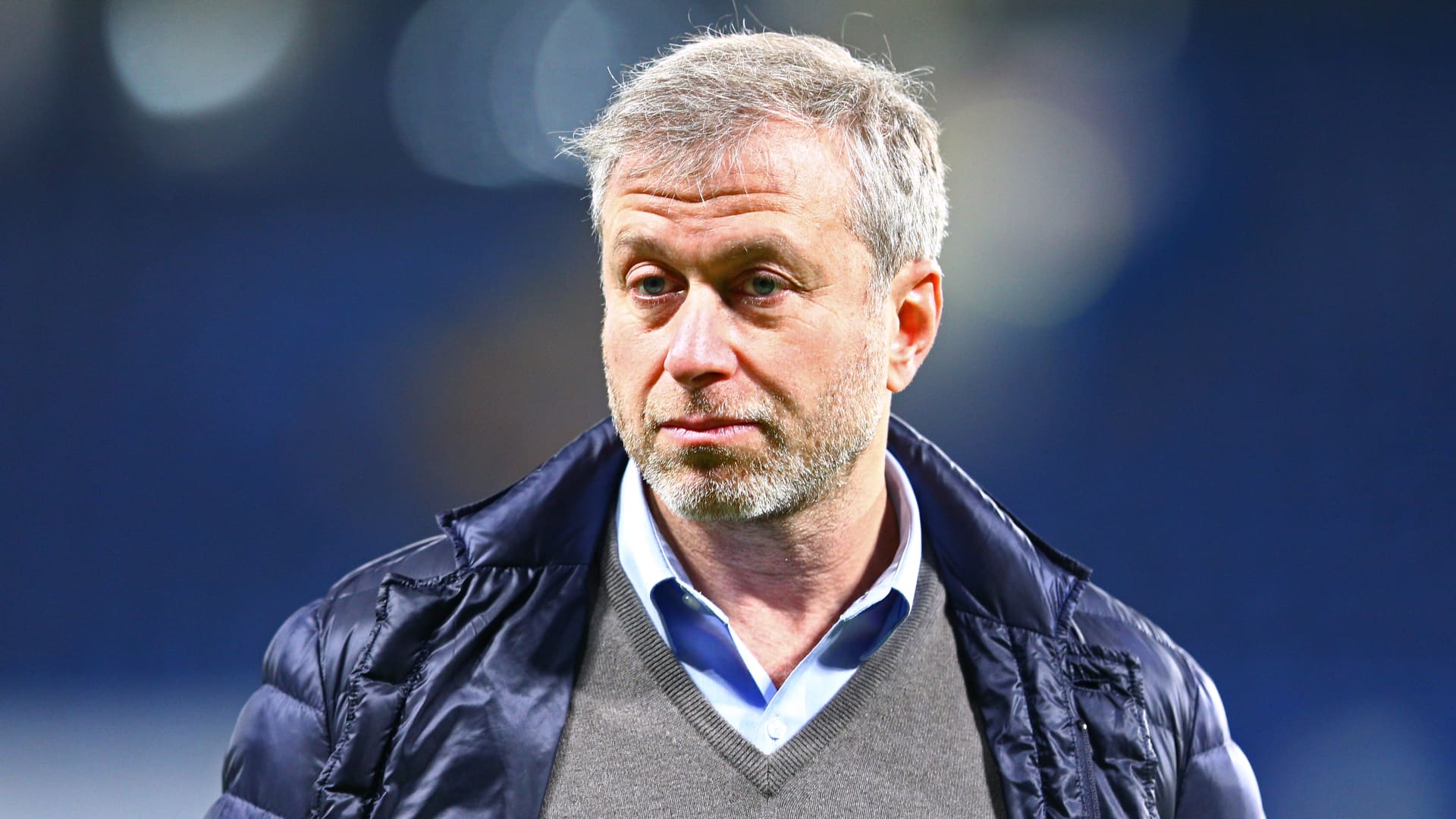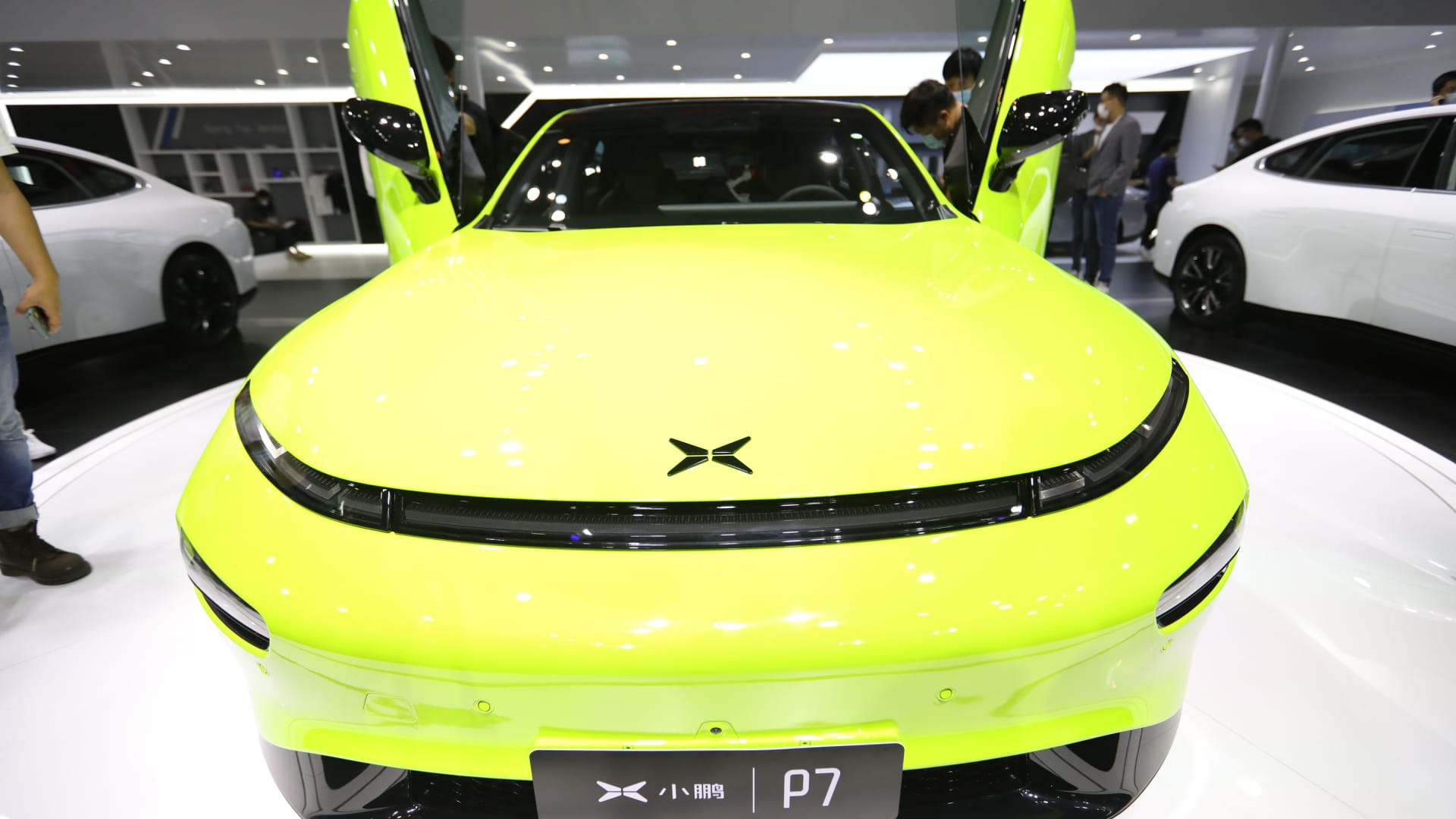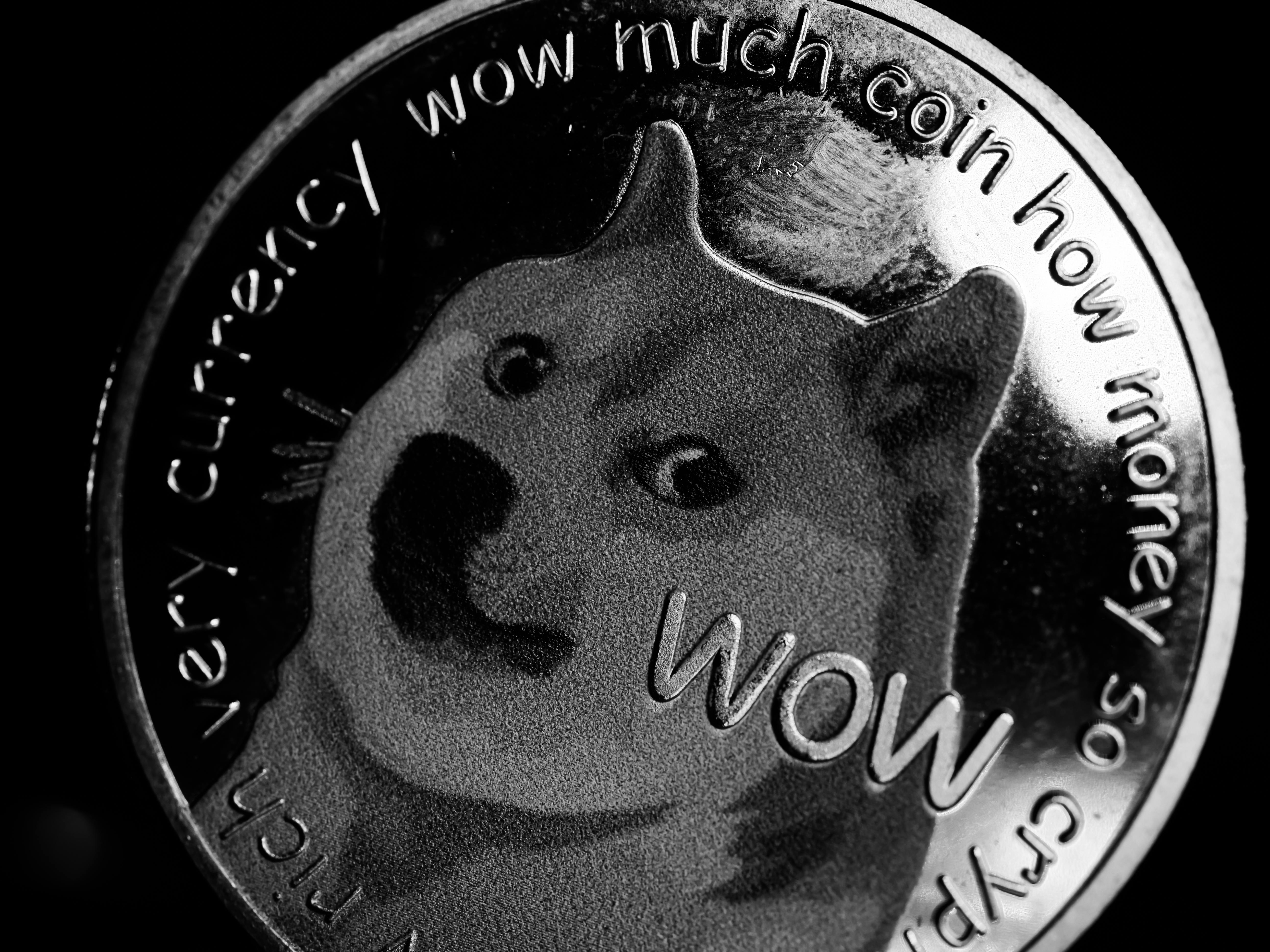Elon Musk says he doesn't plan to donate to GOP super PACs in upcoming elections — despite feud with Biden
Elon Musk opts to not fund a super PAC versus Joe Biden and Democrats despite declaring his alliance to Republicans.
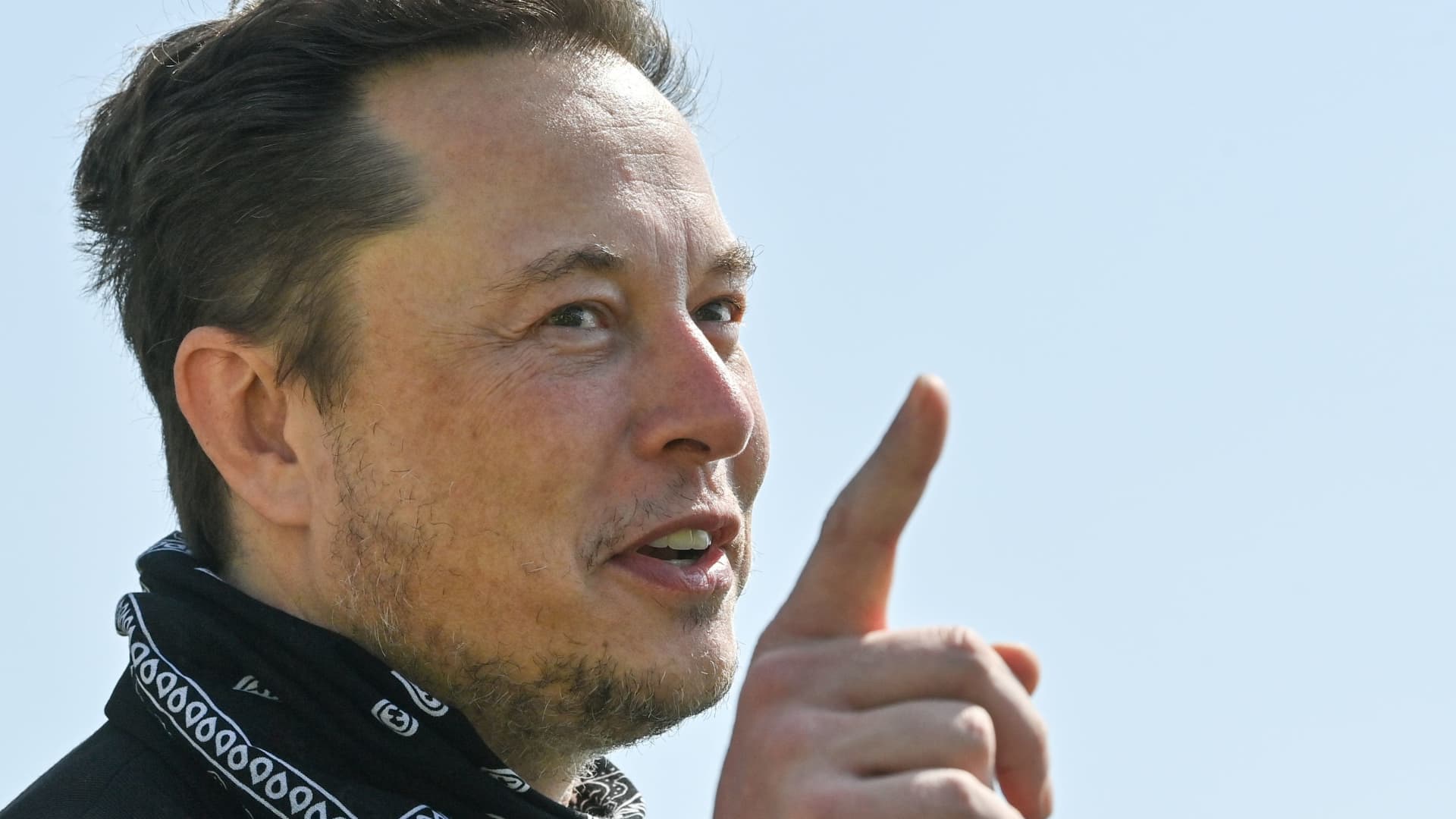
Tesla CEO Elon Musk gestures as he visits the construction site of Tesla's Gigafactory in Gruenheide near Berlin, Germany, August 13, 2021.
Patrick Pleul | Reuters
Billionaire entrepreneur Elon Musk says he has no current plans to fund a Republican super PAC in the upcoming U.S. elections, including any who oppose President Joe Biden in 2024.
The Tesla and SpaceX CEO, who is listed by Forbes as the wealthiest person in the world, told CNBC in an email that he's ruled out funding such an outside group. Super PACs can spend and raise unlimited amounts of money to campaign against their opponents, often making them key vehicles for the ultrarich who like to more than dabble in politics. Forbes says his net worth is over $218 billion. Musk is among a group of business leaders who have publicly feuded with Biden and his administration.
"I have no plans to create a super PAC," said Musk, the CEO of Tesla and SpaceX, when asked if he plans to create his own campaign fund to oust Biden in the presidential contest. "No super PAC anything going on," when pressed on any plans for the November midterms.
Tech executives such as Sam Bankman-Fried and Peter Thiel have given at least $35 million, combined, to super PACs so far in the 2022 election cycle, according to FEC records. Thiel and Musk are part of the so called "PayPal Mafia," a group of executives who helped launch PayPal, the financial tech company.
Musk said twice this week that he plans to vote for Republicans in upcoming elections, even though he says he previously voted for Democrats such as former President Barack Obama.
He told CNBC in February that "Biden has pointedly ignored Tesla at every turn." White House officials announced in April that they held a meeting with Musk and other auto executives, including GM CEO Mary Barra, about electric vehicles.
But Musk has continued to blast Biden despite that recent meeting.
He didn't respond to follow up emails when asked whether he plans to donate or campaign for any candidates or issues in the upcoming elections, including whether he plans to donate directly to a GOP candidate's campaign for president, use his Twitter account as a bully pulpit against Biden and the Democrats going forward or use his extensive network of business allies to raise money for the eventual Republican nominee for president.
Musk could also fund a 501(c)(4) nonprofit that could take aim at Biden's policies throughout the midterms and into the 2024 election. Those types of groups don't require to publicly disclose their donors, and thus allow billionaires like Musk to remain anonymous.
While Musk has said that he "would prefer to stay out of politics," his campaign donations, company lobbying efforts and tweets to his millions of followers show the opposite is true.
His previous political donations have been evenly split between Democrats and Republicans, though Federal Election Commission records show his most recent contribution came last year to the Republican National Committee. Musk gave almost $40,000 to the Republican political action committee Protect The House, a PAC that was meant to protect the GOP majority during the 2018 midterms. The Republicans ended up losing their majority in the House that cycle. Tesla and SpaceX spent more than $450,000, combined, in lobbying during the first quarter of 2022 alone, according to federal disclosure reports.
Distancing himself from funding a super PAC, particularly one targeting Biden given Musk's criticism of the president, indicates that Republicans cannot rely on his support in the upcoming elections this year and in 2024, some political strategists say.
Most of these people declined to be named out of fear Musk could use his Twitter account against them.
One Republican strategist said Musk was "too much of a loose cannon" to rely upon. "One day he supports you, the next, who knows," this person said.
Neither Musk nor Amazon founder Jeff Bezos tend "to put money behind their statements in this area," said one political consultant in Silicon Valley who counts both billionaires as friends. Bezos also has publicly taken aim at the administration for its stance on inflation. Forbes ranks Bezos as the third wealthiest person in the world, with a net worth of over $130 billion.
Musk is in the midst of trying to buy Twitter, with the original bid worth at over $40 billion. The deal has to receive regulatory approval, while Musk has hinted he could try to put the deal on hold until he has more clarity on how many Twitter accounts are fake. The Wall Street Journal reported that the Securities and Exchange Commission is investigating Musk's late disclosure of his stake in Twitter. The Journal has also previously reported that the agency is investigating Musk and his brother, Kimbal, for Tesla stock sales.
Former President Donald Trump, who Musk has said he would allow back onto the platform after Twitter permanently banned him, has not ruled out running against Biden in 2024. Trump has said that he doesn't want to return to Twitter and will remain on his social media platform, Truth Social.
Democratic strategist Mary Anne Marsh says that, for Democrats, not having Musk fund a super PAC should only give them a little relief, because the billionaire could be on the brink of controlling Twitter, an already big mouthpiece for him and possibly for Trump, if he returns to the social media platform during the presidential election cycle.
"Who needs a super PAC when you can hand Twitter to Trump?" Marsh told CNBC. "If Musk owns Twitter, then allows Trump to return then that's worth billions to his campaign."

 Astrong
Astrong 









